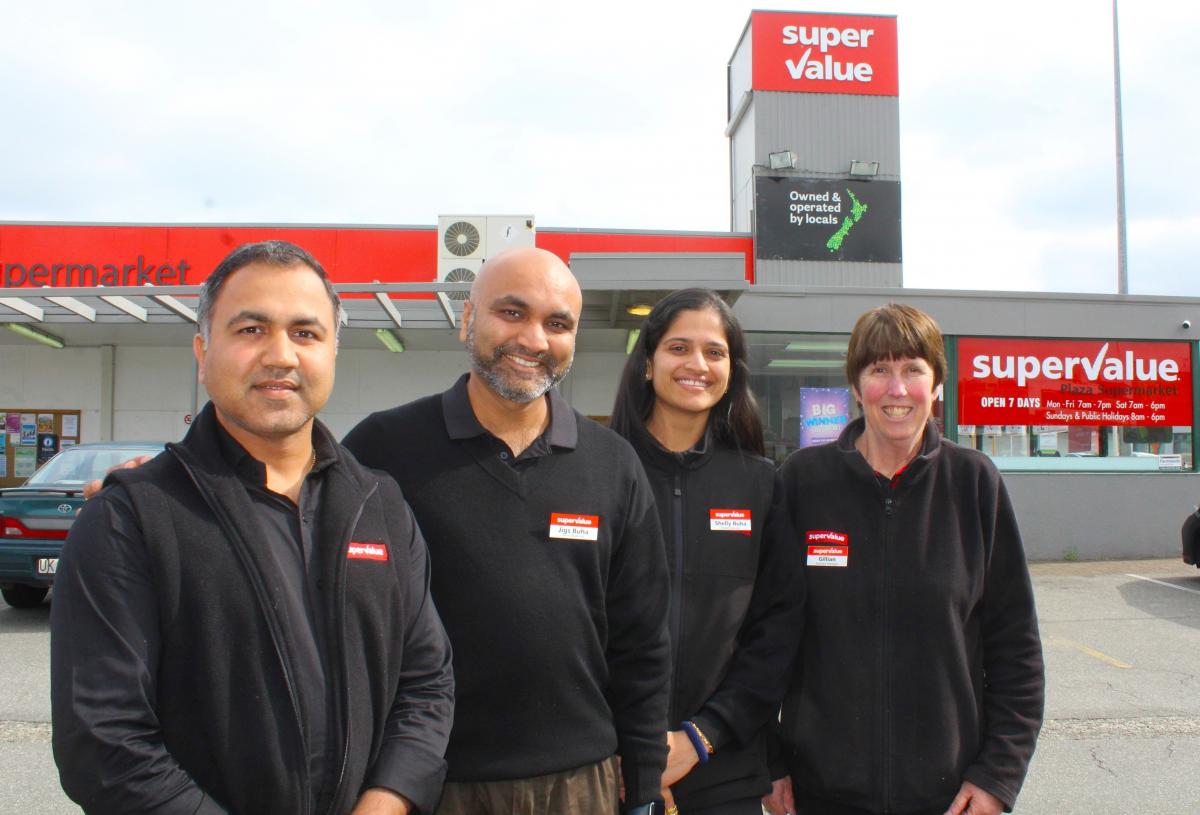New Zealanders “need to get past squeamishness about privatisation”, says ACT leader David Seymour as he criticised what he called a growing “majority for mediocrity”.
The ACT leader, who will become deputy prime minister later this year, gave what he billed as his “State of the Nation” address this afternoon to party supporters in Auckland.
In his speech, Seymour floated the potential to allow Kiwis to opt out of the public health system in exchange for $6000 annual payments to use for private insurance instead, and said the “government should do as little in housing as possible” when it came to owning homes.
The party leader said: “We need to get past squeamishness about privatisation and ask a simple question: If we want to be a first-world country, then are we making the best use of the government’s half a trillion dollars’ plus worth of assets?
“If something isn’t getting a return, the government should sell it so we can afford to buy something that does.”
He went on to argue that “there are greater needs for government capital” for “core infrastructure”, such as a second harbour crossing in Auckland alongside water assets.
Seymour was not attending Rātana celebrations today alongside other political leaders. His speech followed Prime Minister Christopher Luxon’s similarly billed address yesterday.
‘Government is hopeless at owning things’ — Seymour
Seymour, who holds associate ministerial portfolios in health, education and justice, reiterated his party’s positions, which were not government policies.
In reiterating ACT’s policy platform, Seymour said the government spent an average of nearly $6000 per citizen on healthcare and asked whether people should be allowed to “take their portion of funding”.
“How many people here would give up their right to the public healthcare system if they got $6000 for their own private insurance?” he asked.

“Should we allow people to opt out of the public healthcare system, and take their portion of funding with them so they can go private?”
Last year, former health minister Shane Reti told senior doctors that he wanted to see “greater collaboration” between the health system with private operators but it would not be a step towards privatisation, saying “that is not my agenda”.
But speaking today, Seymour said education could be a “similar” case to the health system as there was “$333,000 of lifetime education spending for each citizen”.
“How many people would take their $333,000 and pay for their own education?

“How many young New Zealanders would be better off if they did it that way?
“Instead of spending next year because we did it this year, we need to ask ourselves: If we want to remain a first-world country, then do New Zealanders get a return on this spending that justifies taking the money off taxpayers in the first place?”
Meanwhile, on publicly owned assets, Seymour said: “The one thing we know from state houses, hospital projects, and farms with high levels of animal death, is that the government is hopeless at owning things.”
As for the state’s public housing stock, the ACT leader said “the government doesn’t need to own a home to house someone” and that “the KiwiBuild and Kāinga Ora debacles show the government should do as little in housing as possible”.

But earlier this week, the Prime Minister ruled out asset sales during this term of government. However, he did not rule out doing so in any further terms he may serve.
Christopher Luxon told Newstalk ZB on Tuesday: “Our commitment is that we’re not going to do asset sales with two years to go for the rest of the term.”
Seymour’s comments about privatisation drew criticism from the public sector union.
PSA national secretary Fleur Fitzsimons said such action “inevitably means syphoning money off from providing services for all to pay profits to private corporations”.
“Assets sales have been tried and failed in New Zealand. The only winners are private companies. Public services and assets belong to all of us and are there to deliver for people not shareholders,” she said in a statement.
Fitzsimons called on Christopher Luxon to “rule out privatising public services now and in the future”.
Seymour criticises what he calls ‘majority for mediocrity’
Speaking to party faithful today, Seymour also painted a picture of what he believed was the country’s social divide, describing a battle between what he called “change makers” and those seeking what he termed a “majority for mediocrity”.
The ACT leader cited migration figures showing Kiwis leaving for Australia.
“New Zealanders who leave for Australia are tipping us towards a majority for mediocrity. Motivated New Zealanders leaving is good news for the shoplifters, conspiracy theorists, and hollow men who make up the political opposition,” he said in his speech.
“A few more good people leaving is all they need for their majority of mediocrity. The more that aspirational, hardworking people get up and leave New Zealand, the more likely it is we’ll get left-wing governments in the future.”
Seymour concluded his speech pointing to his controversial Treaty Principles Bill, a topic which had otherwise gone unmentioned in his lengthy address.
“You may have seen the ACT Party has been involved in a battle to define the principles of the Treaty democratically. It’s caused quite a stir,” he said.
“It may still succeed this time, or it may be one of those bills that simply breaks the ground so something like it can proceed in the future.”









